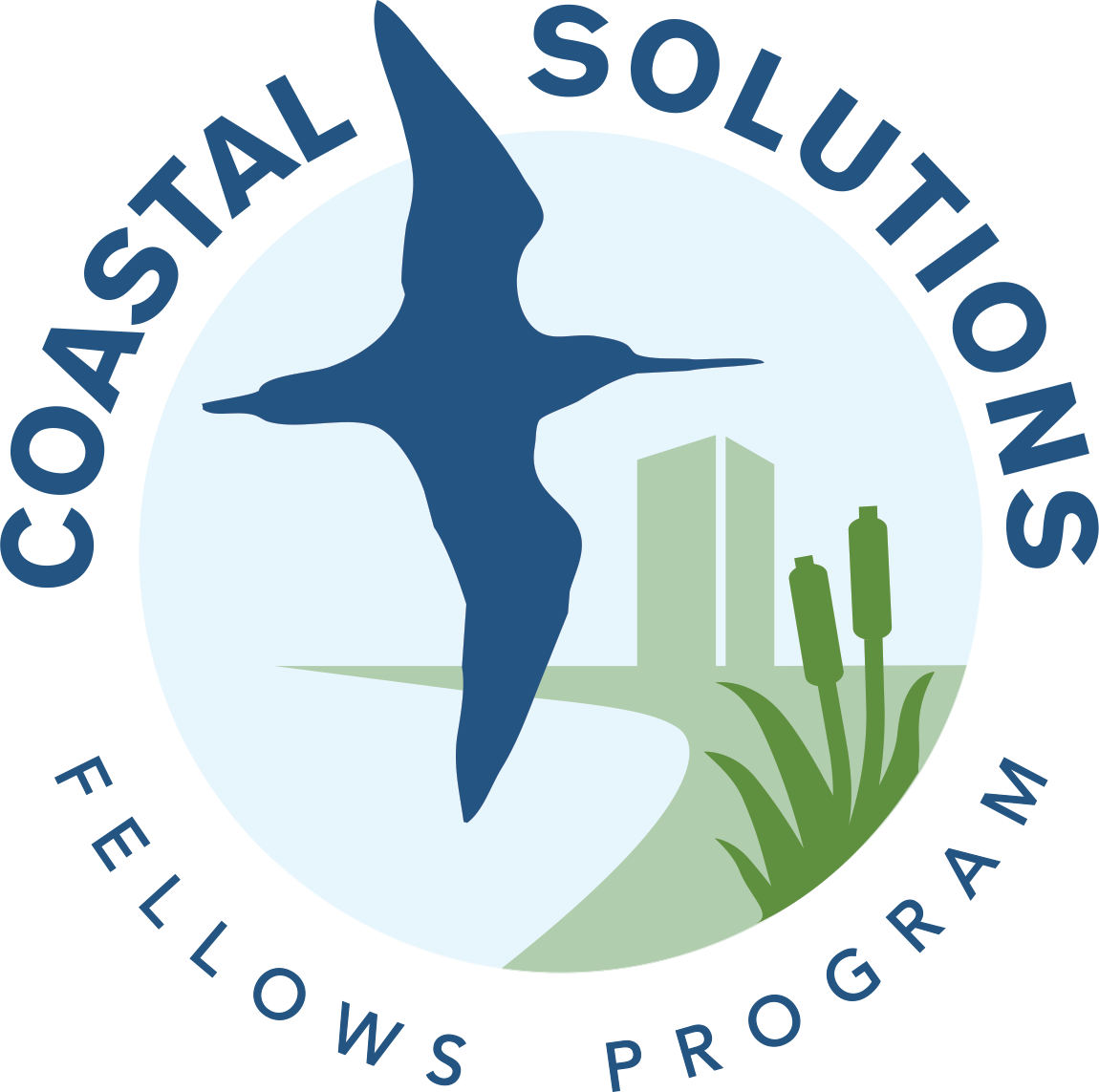Capacity Building for Coastal Conservation: Our First Virtual Retreat with Fellows, Mentors and Collaborators
The Lab of Ornithology’s Coastal Solutions Fellows Program is proud to announce our third cohort of fellows, the Class of 2021. These six early-career professionals from Mexico, Nicaragua, Panama, Ecuador, and Peru began their fellowship in May 2021. For the next two years, the fellows will devote themselves to developing collaborative solutions to coastal challenges along the Pacific Coast.
Every year, the Program selects six fellows from the Pacific Coast of Latin America, to develop projects to address priority threats to shorebirds and their habitats. Each fellow will work with a local host institution and a multi-disciplinary team, including a mentor and cross-sectoral collaborators, to target a specific threat at a priority wetland site along the Pacific Coast.
One of the first activities of the fellowship is a First Retreat with fellows and their mentors and collaborators. This year, the retreat was conducted online from May 24th to May 28th, with additional follow-up sessions throughout the month of June. The retreat included the participation of Advisory Board members, guest experts, and instructors from a diversity of fields, including architecture, coastal management, conservation, engineering, climate change adaptation, bird conservation, coastal resiliency, and landscape design.
The retreat is designed to build capacity for effective collaborative solutions in the teams of fellows, mentors and collaborators, including topics of coastal governance, communications, and strategic planning. One of the central elements of this year’s retreat was the workshop “Good Governance for Effective Coastal Conservation” by Diego Luna-Quevedo, a conservation specialist at The Manomet Center for Conservation Science. In Luna-Quevedo’s workshop, the fellows discussed how to apply the tools of governance analysis, planning and management as they work to implement their projects at a priority shorebird site in Latin America along the Pacific Americas Flyway. The workshop encouraged the fellows, mentors and collaborators to reflect on the governance of ongoing projects and respond to common questions and challenges, through debate and collective construction.
During the retreat, the fellows also presented their current projects and received feedback from a multi-disciplinary team of experts, to help them refine the implementation plans that they will be conducting over the next two years.
To close the retreat, Laura Helft, Project Manager of Bird Academy at the Cornell Lab of Ornithology, led a workshop on effective communication strategies for science and conservation. During the session, the fellows worked to develop the Strategic Communication Plan for their project and identify target audiences, key messages, and communication mechanisms.
With the training and feedback from the retreat and the support of their mentors, collaborators, and the CSF team, the fellows will develop their final Workplan to guide the implementation of their projects. Now that this retreat has prepared the fellows to implement successful projects, we look forward to witnessing their progress in the future.

The Coastal Solutions Fellows Program builds and supports an international community to design and implement solutions that address coastal challenges across the Pacific Americas Flyway. Our main goal is to conserve coastal habitats and shorebird populations by building the knowledge, resources, and skills of Latin American professionals, and by fostering collaborations among multiple disciplines and sectors.
